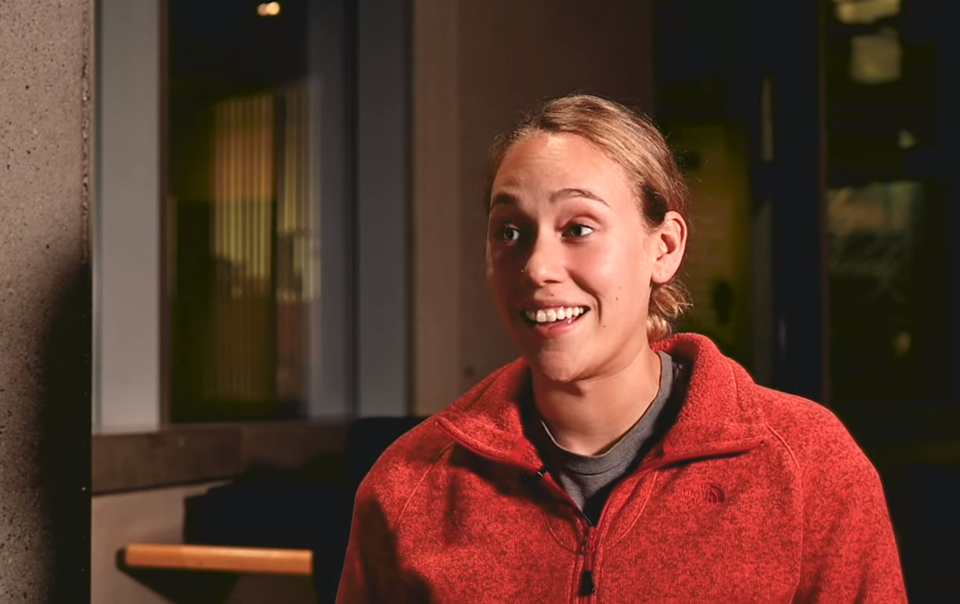A mini-documentary made by a pair of Thompson Rivers University (TRU) students is looking at racism in a nuanced manner.
Communications students Paolo Bigit and Morgan Hunter decided to turn a school project into a short video on what racism looks like at TRU. During the 21-minute clip, they talk to a number of people at the school, including international students, a professor and a First Nations student.
Bigit says the project doesn't aim to blame individuals or organizations; instead, the goal is to start a conversation about the issues on campus.
"We're not trying to point fingers at someone. We're not trying to say TRU is doing something wrong," he says. "But in Canada, there is racism. It's not as bad as the U.S. ... but it still happens."
"I don't want to talk bad about my university because I really like it and like it here," Bigit adds.
An international student himself, Bigit came to Canada and TRU in 2018 from El Salvador.
"We were told Canada has no racism and, 'Everyone will love you,'" he tells KamloopsMatters.
Bigit admits he has felt uncomfortable in some situations, feeling like people were judging him based on the colour of his skin.
"I was told by students on my orientation (to) be careful of First Nations; I wasn't sure who (First Nations people) even were," he says. "I've been learning more about First Nations by myself."
"It happened at a party; it was not at TRU, it was outside," he adds. "I feel like that was a very shocking moment for me."
Bigit later met a First Nations person, he says, who broke down those prejudices.
He notes that in the documentary, one of the people they interviewed was Kailee Duncan, who looks Caucasian in some ways, but is from a First Nation in B.C.'s north. She was also told to watch out for First Nations people.
The documentary also interviews international students Temiloluwa Aboderin and Melvin Akinbule, seasonal professor Lynda Daneliuk and student Trevor Jones.
Bigit says while racism isn't a big issue at TRU, he hopes to pre-empt it from growing into a bigger issue by starting this discussion. He also thinks there are ways the university and people involved in the university's culture could work to better integrate different groups of people.
"I've met more Canadians at my workplace than at the university," he points out. "I, personally, would love to see that gap between domestic and international students flow together."
Bigit also suggests more could be down to encourage non-First Nations people to attend events centred on First Nations culture.
The project was originally intended to be a five-minute video, but Bigit and Hunter thought it was supposed to be 20. Now that it's done, Bigit is interested in taking it a step further and making it a feature-length film about all of Kamloops.
"I'd like to expand it longer and talk to people in Kamloops, talk to First Nations in Kamloops," he says. "And hear different opinions."



